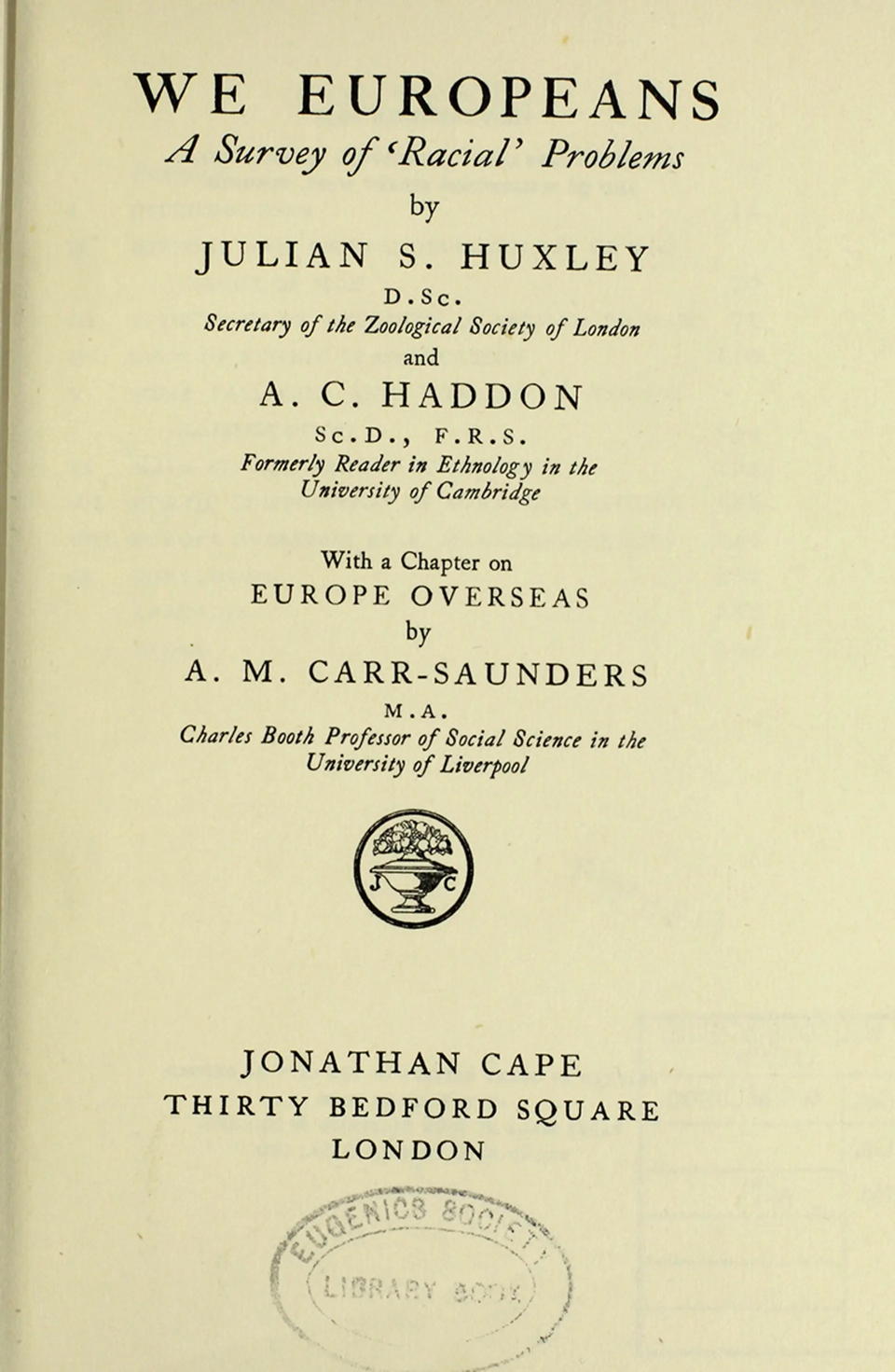Photo by Wonderlane on Unsplash
On a nearly still and moonlit night last week, some 75 people formed a circle on Asilomar State Beach around a sand pit ringed by seaweed. Four dancers swayed around the pit to the sound...
Aggregated News

In the 18th century, European scholars began to envision a more enlightened world in harmony with nature. The old aristocratic regime, some hoped, would soon be replaced by a progressive society in which moral and social values were aligned with the natural and mechanical sciences. Aligning with nature, however, was not always a straightforward or positive process. In an enlightened world, human populations could not expand indefinitely. Resources would quickly become depleted by growing demand, which would slow progress and send humanity backward. That is why, at the end of the century, the British economist Thomas Malthus proposed that the growth of human populations needed to be kept in check. Like other species that were held in equilibrium with their environment, we should also find a balance between the supply of available resources and their demand. But if we failed to control our own populations, Malthus believed that war, famine or disease would do it for us. For humanity to advance, we needed hard limits.
Malthus’s ideas emerged at a time when Britain was being socially reconfigured. Rapid industrialisation and...
The Center for Genetics and Society is fiscally sponsored by Tides Center, a 501(c)(3) non-profit organization.
Please visit www.tides.org/state-nonprofit-disclosures for additional information.
© 2023 Tides Center, through the Center for Genetics and Society. All rights reserved.
Privacy Policy. Terms of Use.
